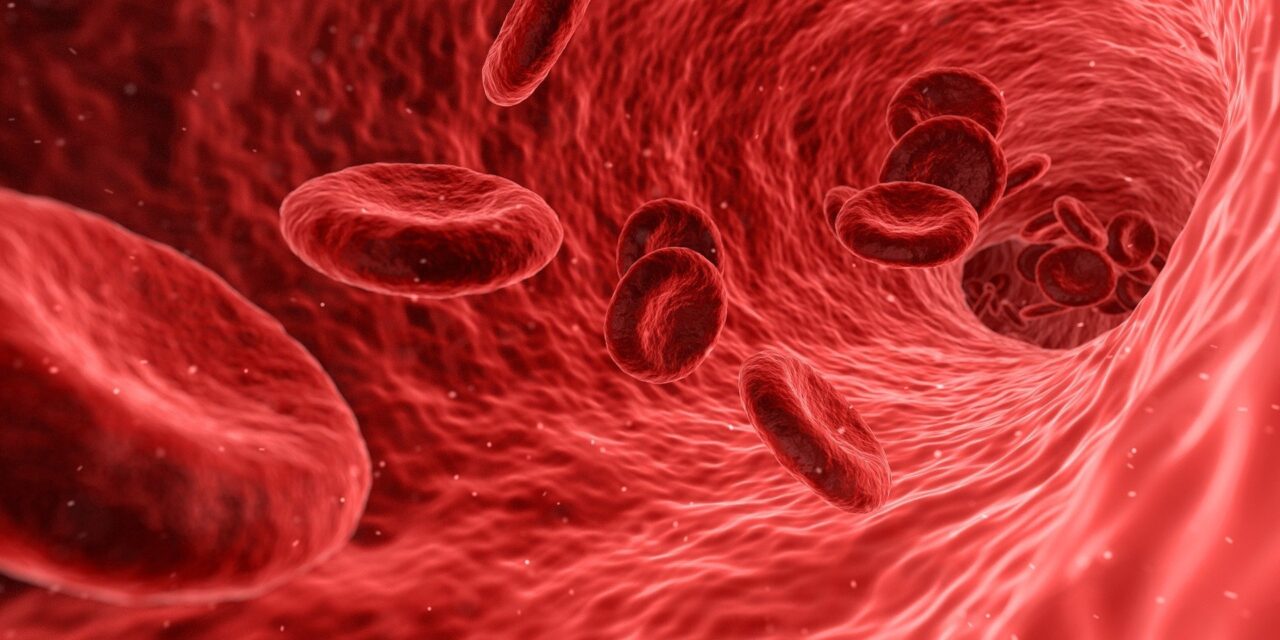Madrid, 9–13 September 2024 – A groundbreaking study presented at this year’s Annual Meeting of the European Association for the Study of Diabetes (EASD) suggests that a simple blood test could identify individuals with type 2 diabetes who are at an increased risk of developing certain cancers.
People with type 2 diabetes have long been known to face a higher risk of cancers associated with obesity, including breast, kidney, womb, thyroid, and ovarian cancers, as well as gastrointestinal cancers like colorectal and pancreatic cancer. Chronic low-grade inflammation, prevalent in both obesity and type 2 diabetes, is believed to play a significant role in cancer development in these conditions.
In a study led by Mathilde Dahlin Bennetsen from the Steno Diabetes Center Odense, Denmark, researchers investigated whether proinflammatory cytokines—immune system proteins that heighten inflammation—could help identify those at higher risk of obesity-related cancers (OR cancers).
“Understanding which individuals are at higher risk for these cancers would allow for more targeted and effective monitoring and early detection, potentially improving outcomes through earlier intervention and personalized treatment,” Bennetsen stated.
The study involved 6,466 participants (40.5% female, median age 60.9 years) from the Danish Center for Strategic Research in Diabetes (DD2) cohort, an ongoing study of individuals newly diagnosed with type 2 diabetes. The researchers measured levels of three proinflammatory cytokines at the study’s outset: interleukin-6 (IL-6), tumor necrosis factor-alpha (TNF-alpha), and high sensitivity C-reactive protein (hsCRP).
Participants were categorized based on their IL-6 levels into three groups: the lowest third (<0.94 pg/ml), the middle third (0.94–1.58 pg/ml), and the highest third (>1.58 pg/ml). Over a median follow-up period of 8.8 years, 327 participants developed an obesity-related cancer.
The findings revealed that higher baseline IL-6 levels were associated with a significantly increased risk of developing an OR cancer. After adjusting for factors such as age, sex, diabetes duration, lifestyle factors, and other health conditions, those in the highest IL-6 group had a 51% higher risk of OR cancers compared to those in the lowest group. In contrast, TNF-alpha and hsCRP showed only weak associations with OR cancers.
Including baseline IL-6 levels in risk assessment models improved the ability to predict cancer risk, whereas TNF-alpha and hsCRP did not enhance predictive accuracy.
“Higher IL-6 levels are associated with the development of OR cancers in patients who have recently been diagnosed with type 2 diabetes,” Bennetsen concluded. She emphasizes that while this research highlights the potential of a simple blood test for identifying higher cancer risk, further studies are necessary to determine its effectiveness in improving early detection and management of these cancers.
Bennetsen also underscores the importance of regular check-ups and effective diabetes management, noting, “Maintaining a healthy lifestyle and adhering to treatment plans can potentially help manage inflammation and reduce cancer risk.”
This promising study paves the way for future research into the role of inflammation in cancer risk among individuals with type 2 diabetes and could lead to more personalized approaches in cancer screening and prevention.











